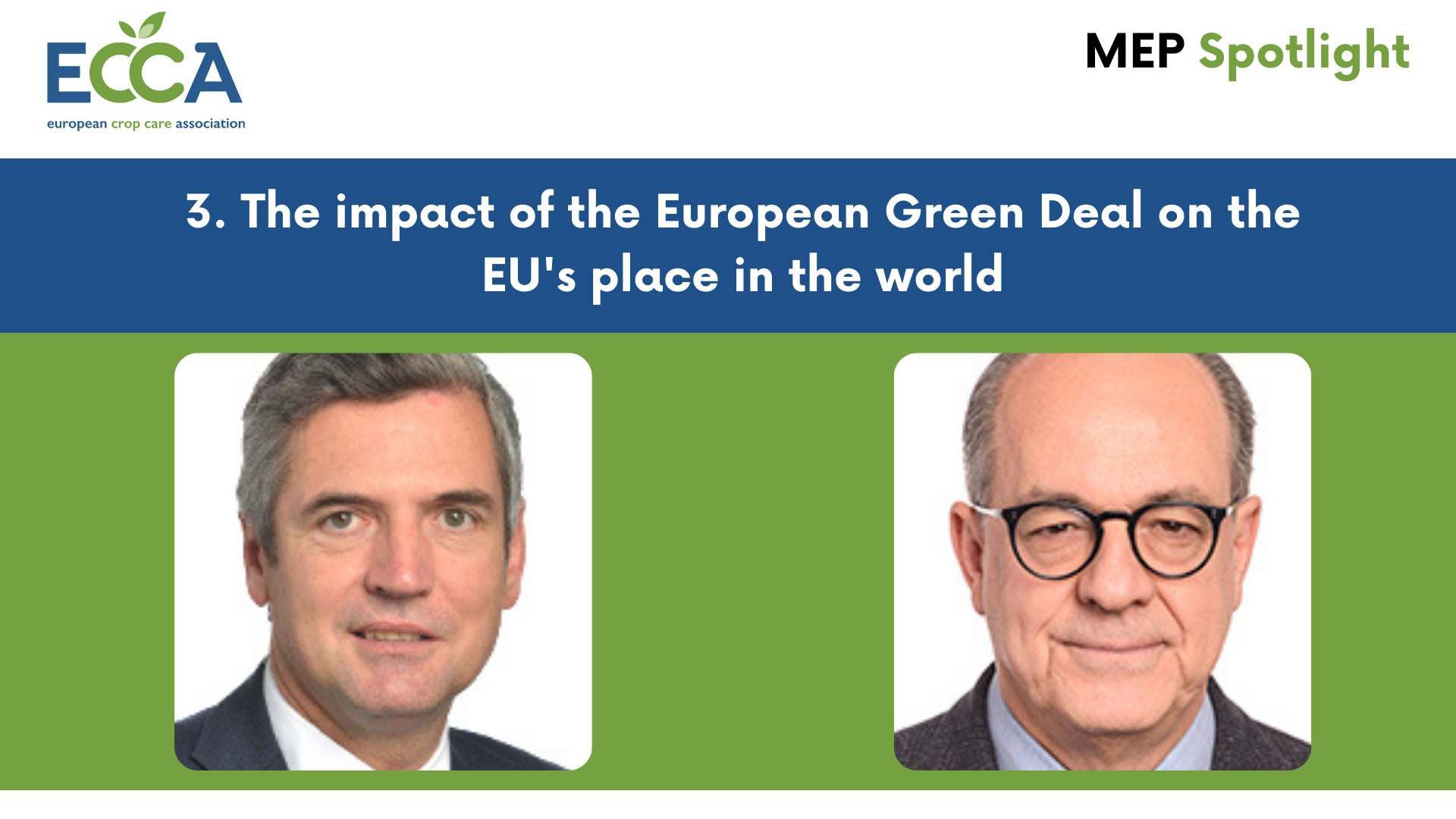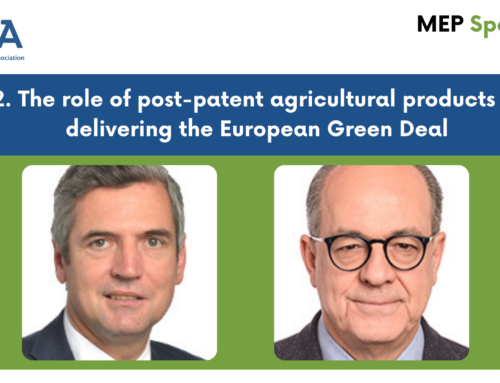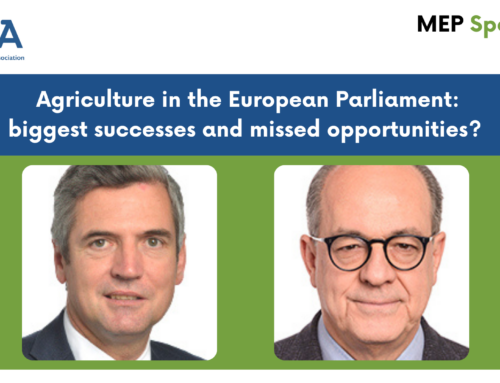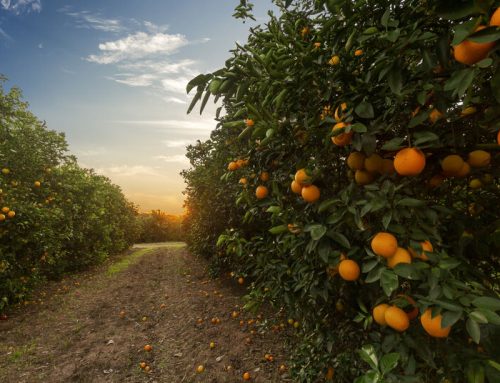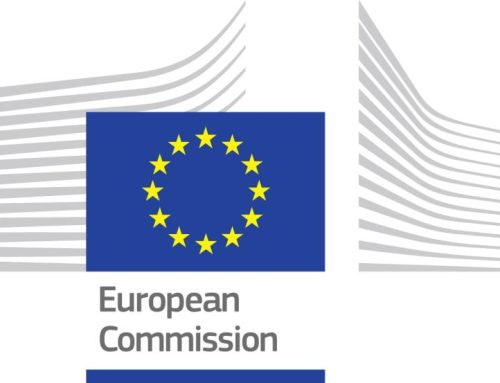MEP Spotlight | Q3: The impact of the European Green Deal on the EU’s place in the world
Continuing our Q&A series with MEPs Paolo De Castro representing the Progressive Alliance of Socialists and Democrats and Herbert Dorfmann representing the European People’s Party (Christian Democrats), we delve deeper into the European Green Deal – looking into its impact on the relationship between the EU and the rest of the world.
How do you evaluate the impact of the Green Deal on the relationship between the EU and the rest of the world? Where is the boundary (if there is one) between “exporting” sustainability models versus the risk of isolating Europe and turning these tools into trade barriers, affecting food security and the profitability of the European agri-food sector?
MEP De Castro: The world needs more food and the EU must contribute to the achievement of a global food security, in connection with the transition to more sustainable food systems, based on fair, healthy, sustainable and resilient supply chains, which requires more ambitious actions for limiting the environmental impact, and safeguard the Union’s food productivity in the medium and long term.
The EU trade policy can play a major role in the transition towards more sustainable and resilient agri-food system. However, we cannot put the EU agri-food sector at a competitive disadvantage due to a lack of global convergence of standards, and increased costs for consumers. This is why we always ask for proportionate measures, a suitable timeframe for adaptation and compensation mechanisms in order to maintain the competitiveness, productivity and social resilience of the EU agri-food sector. These tools, together with reciprocity of standards and effective monitoring for all products imported into the EU, can prevent agricultural production and its environmental footprint from being relocated to third countries.
At the same time, equal access must be granted to technological and scientific innovations, including sustainable biotechnologies, capable of improving the resistance of varieties and fostering sustainable food production systems, also by creating strong relationships with trade partners on research, development and the transfer of knowledge.
MEP Dorfmann: Agriculture must find production methods that are both sustainable and capable of ensuring long-term productivity. The fact that others in the rest of the world are not doing so is no excuse for not doing so in Europe. But we must focus on measures that are feasible, understandable and elaborated in cooperation with farmers. And we must at all costs avoid introducing regulations that will ultimately drive agricultural production out of Europe. This is not in the interests of European farmers or European consumers.
Especially in an increasingly divisive geopolitical climate, the EU must pay more attention to protecting food security at home. We need a sustainable, productive, research-based agriculture that can set an example for the rest of the world.
For journalists wishing to use the MEPs’ quotes or other materials from this post, we kindly ask for you to reference the European Crop Care Association (ECCA) as the source.

